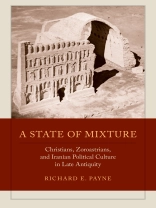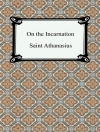Christian communities flourished during late antiquity in a Zoroastrian political system, known as the Iranian Empire, that integrated culturally and geographically disparate territories from Arabia to Afghanistan into its institutions and networks. Whereas previous studies have regarded Christians as marginal, insular, and often persecuted participants in this empire, Richard Payne demonstrates their integration into elite networks, adoption of Iranian political practices and imaginaries, and participation in imperial institutions.
The rise of Christianity in Iran depended on the Zoroastrian theory and practice of hierarchical, differentiated inclusion, according to which Christians, Jews, and others occupied legitimate places in Iranian political culture in positions subordinate to the imperial religion. Christians, for their part, positioned themselves in a political culture not of their own making, with recourse to their own ideological and institutional resources, ranging from the writing of saints’ lives to the judicial arbitration of bishops. In placing the social history of East Syrian Christians at the center of the Iranian imperial story, A State of Mixture helps explain the endurance of a culturally diverse empire across four centuries.
表中的内容
A Note on Names, Translations, and Transliterations
Acknowledgments
Introduction
1. The Myth of Zoroastrian Intolerance: Violence and the Terms of Christian Inclusion
2. Belonging to a Land: Christians and Zoroastrians in the Iranian Highlands
3. Christian Law Making and Iranian Political Practice: The Reforms of Mar Aba
4. Creating a Christian Aristocracy: Hagiography and Empire in Northern Mesopotamia
5. The Christian Symbolics of Power in a Zoroastrian Empire
Conclusion
Notes
Bibliography
Index
关于作者
Richard E. Payne is Neubauer Family Assistant Professor of Ancient Near Eastern History at the University of Chicago.







![的封面 Brian Schrag & Julisa Rowe: Community Arts for God's Purposes [Chinese] 貼近神心意的社群藝術 的封面 Brian Schrag & Julisa Rowe: Community Arts for God's Purposes [Chinese] 貼近神心意的社群藝術](https://static.worldofdigitals.com/thumb_webp/740/9781645083740.webp)




